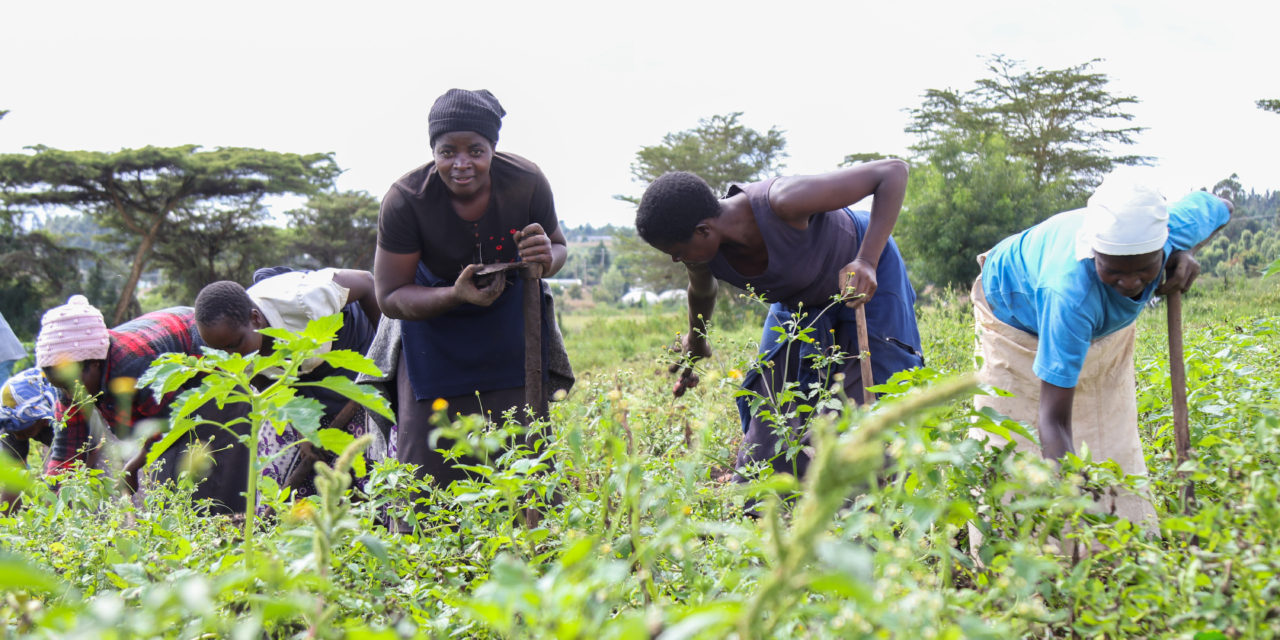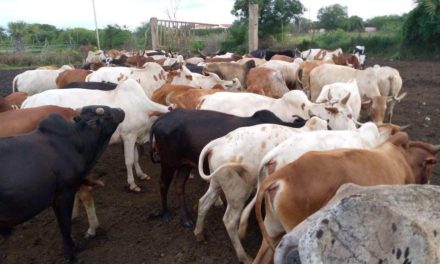
Empowering Rural Markets for Sustainable Food Systems in Kenya

By: Pierra Nyaruai
A walk in any urban market, or ‘market’ will paint a picture of the incredible food waste situation that is evident in Africa. Kenya, like many other nations, grapples with the critical challenge of food security and food waste. In a country where a significant portion of the population relies on agriculture for their livelihoods, finding innovative solutions to these issues could be a step towards achieving food security. One such solution lies in unlocking the potential of rural markets. Emphasizing and investing in rural markets can play a role in mitigating food waste, enhancing food security, and building resilient food systems in Kenya.
Food waste is not just a Kenyan issue, it is a global one too. It is estimated that about one-third of all food produced is lost or wasted. In Kenya, a significant amount of this waste occurs in the supply chain due to inadequate storage and transportation facilities. By developing robust rural markets, these issues can be addressed effectively. For many producers, the goal is to harvest produce and ship it off to the nearest densely populated area. In these areas, some of the food ends up in waste management trucks, off to a landfill or to a farm to feed livestock. Meanwhile, the country still grapples with food insecurity.
Food security, defined as having consistent access to sufficient and nutritious food, is a pressing concern for Kenya. Rural areas often face challenges related to limited access to markets, leading to lower income for farmers and restricted access to diverse food products for consumers.
According to a study by the Food and Agriculture Organization (FAO), improving post-harvest handling and reducing food losses at the production and distribution stages could save up to 214-396 kg of food per person annually in sub-Saharan Africa. Rural markets can facilitate efficient distribution and storage of produce, reducing post-harvest losses and ultimately minimizing food waste. This means with improved infrastructure in rural areas, food could be distributed to existing rural areas, solving an overreliance on urban markets.
Investing in rural markets can promote food security by providing farmers with a platform to sell their produce at fair prices. A World Bank report highlights that rural markets can enhance farmer income by up to 15-20%, resulting in improved food access and affordability for both rural and urban consumers. Moreover, the proximity of these markets to farming communities allows for fresher produce and reduced transportation costs, making food more accessible.
Building resilient food systems is fundamental for ensuring long-term food security. Rural markets play a critical role in this aspect by fostering agricultural diversification and improving market linkages. By providing opportunities to sell a variety of crops, rural markets encourage farmers to diversify their agricultural practices, making them less vulnerable to market fluctuations and climate-related challenges.
A report by the International Food Policy Research Institute (IFPRI) indicates that diversified farming systems are more resilient to shocks and stresses, contributing to stable food supplies. Rural markets act as a nucleus for this diversification, promoting a wider range of crops and agricultural products.
Focusing on rural markets in Kenya is not only a potential remedy for mitigating food waste but also a vital step toward enhancing food security and building resilient food systems. Investment in infrastructure, market linkages, and training for farmers are crucial components of this strategy. Through strategic planning and targeted interventions, Kenya can pave the way toward a future where its agricultural sector thrives, food waste diminishes, and food security becomes a reality for all its citizens.




















Recent Comments